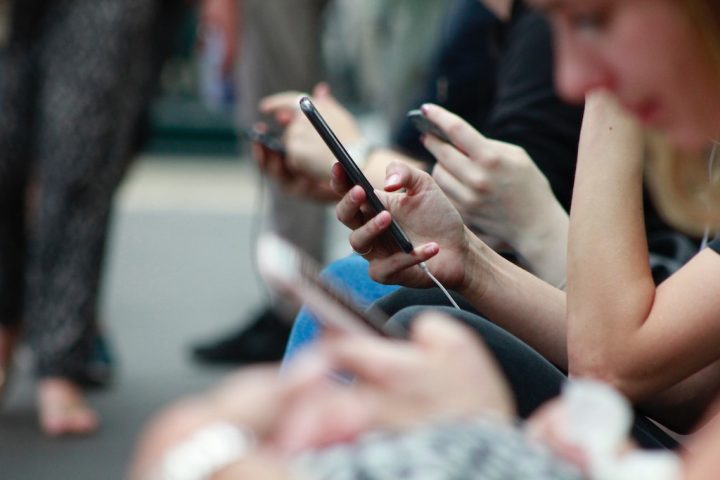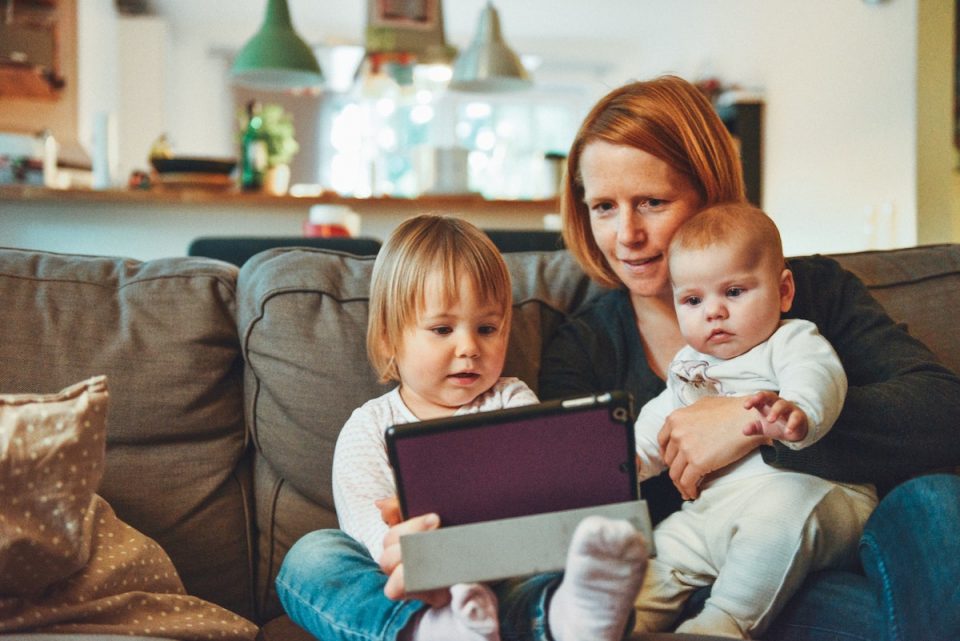Is social media playing a part in the growing mental health crisis?

How to become a social media influencer
March 17, 2020
The Net Worth of Social Network Founders
March 25, 2020
With nearly half of the world’s population using social media, researchers are still split on the effects it is having on us as individuals – leaving many people asking whether using social media is bad for our mental health?
A number of studies have found associations between increased social media use and problems including depression, anxiety, low self-esteem, disturbed sleep patterns, eating disorders and suicide risk.
For example, the BBC cites two studies which involved more than 700 students and found that depressive symptoms, such as low mood and feelings of worthlessness and hopelessness, were linked to the quality of their online interactions.
One 2013 survey that researched Facebook use found that the more time people spent on the site, the worse they felt later on and the more their life satisfaction declined over time.
Social media and our mental health
Findings like these are particularly worrying when viewed in the context of young people, who typically spend more time on social media and who may also be more vulnerable to the effects. Social media has been shown to amplify issues around body image and fear of missing out.
There are other risks too: a report by the UK’s media regulator Ofcom found that the number of 12 to 15 year olds who have been bullied on social media doubled in the four years since 2016. The risks of viewing disturbing or inappropriate content are ever-present and can be catastrophic.
Ian Russell, whose daughter Molly took her own life in 2017 after viewing images of self-harm and suicide on Instagram, has said, “I have no doubts that social media helped kill my daughter.”
Protecting children’s mental health
These issues led the Royal College of Psychiatrists to call for technology companies to share data and pay tax to fund research into the effects of social media on children’s mental health.
Much work is being done in this area. The charity Young Minds offers practical advice for parents about how to talk to their children about social media from a young age.
Jo Hardy, Head of Parent Services at Young Minds, suggests: “Many parents are understandably alarmed by the reports they read about what social media and games are doing to their children’s mental health – especially if they didn’t grow up with the same technology themselves.
We think it’s important to remember the positives about the online world, as well as the negatives, and to take a balanced, collaborative approach. We can’t police everything our children do online, but we can keep the lines of communication open and help them understand how to manage what they’re doing online in a positive way.”
Using social media positively
This approach is reiterated in a study into the effects of social media on mental health published in the Harvard Journal of Public Health. It recognizes that a growing body of research has demonstrated that social media has a negative effect on mental health and well-being, particularly among young people, but goes on to argue that – as long as we are mindful users – the routine use of social media may not, in itself, be a problem.
Having a strong social network is associated with positive mental health and well-being and routine social media use can compensate for diminishing face-to-face social contact in our everyday lives. It provides an opportunity to strengthen personal networks.
In this way, the study suggests that the frequency or duration of our social media use has less of an impact on our mental health than the way we use it.



